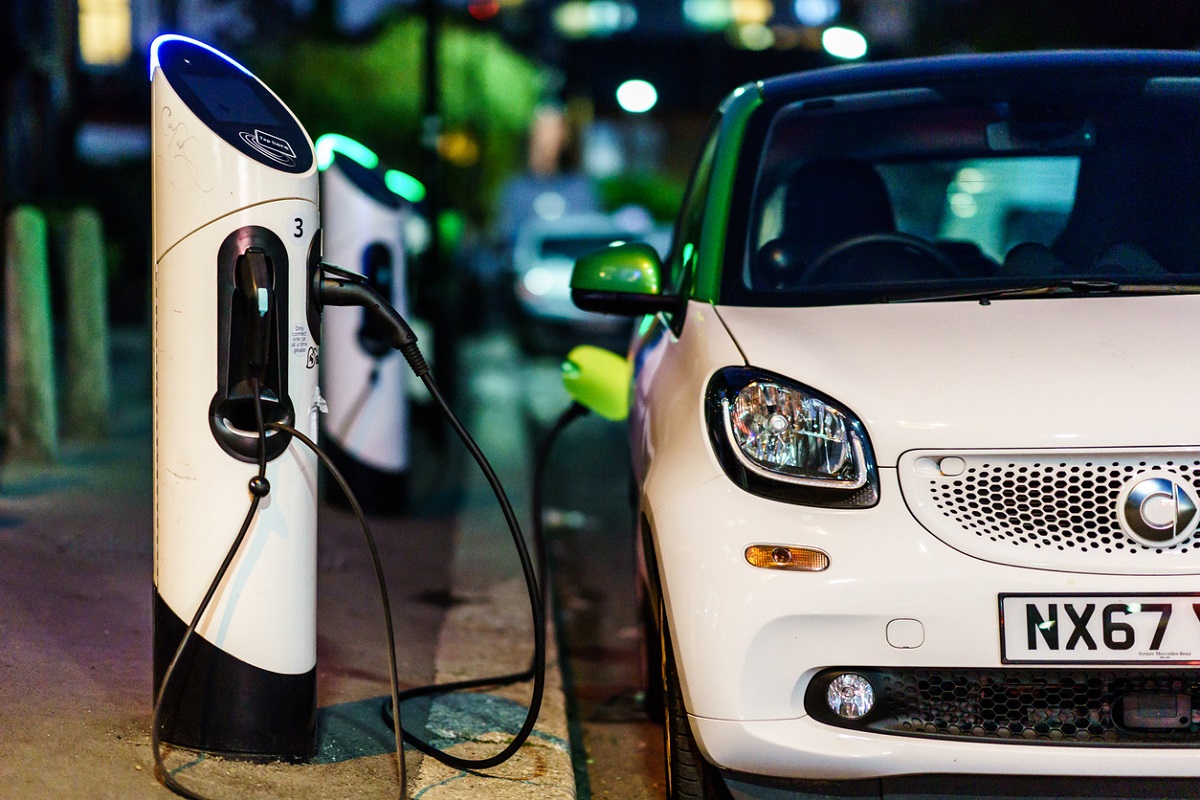Sep 16, 2019

With the Electric vehicle (EV) market growth, people have a wider range of EV’s to pick from that are more affordable and practical to purchase. With that being said, you might be one of those people who are looking to make the switch; this post should help you make up your mind on whether or not an EV is the right move for you.
If you are someone who commutes on long journeys or doesn’t have access to a charging point, an EV might not be suitable for you.
Even though the government are encouraging people to by EV’s and even offering grants up to 35% off the cost to help buy certain EV models and install charging points at home, it still isn’t worth the cost, if your lifestyle doesn’t suit one.
Ideally, you would have a charging point at home meaning your EV can charge overnight so you don’t need to top it up during the day. But, sometimes due to electrical wiring in your house, this may not be possible. The next best thing for you would be to charge up your EV while you are at work or in your nearest town while you are carrying out errands or shopping.
(Charging points will be further discussed below)
If your average daily mileage surpasses that of an EV, you should think carefully before buying one.
As technology is advancing and electric car batteries are improving, it won’t be long until the milage of an EV’s is increased, but for now, it’s a vital factor that you must consider to make sure your journeys are not comprised from a dying battery.
Depending then on your lifestyle, there might be a better type of EV that suits you more.
An all-electric car is cheaper to run due to there being no fuel cost; however, if you are someone who would travel a lot in long-distance, a hybrid car might be more suitable, because the battery is backed up by a traditional engine, giving it a boost for the longer journeys.
The upfront cost of a plug-in can be a considerable amount more when you compare it to a traditional petrol-run car. However, the Government are giving out grants for plug-in vehicles through the Office for Low Emission Vehicles (OLEV).
The plug-in grants for cars are awarded based on the amount of CO₂ emission. It is split up into three categories which can be found on the GOV.uk website.
To also help with the cost the Government offer a grant to help cover the cost of the installation of electric vehicle charge points at domestic properties across the UK through the Electric Vehicle Homecharge Scheme (EVHS): more information about this grant can be found on the GOV website.
It’s important to keep in mind, that even though an EV is quite a lot of money upfront, you are saving money in the long run because an EV is cheaper to charge up at public charging points compared to re-fueling a traditional car.
As we briefly discussed above, charging points are a huge factor that you have to consider before buying an EV.
Charging points aren’t always suited to older properties due to their electric circuits and wiring. It’s important that you get a qualified electrician round to make sure your charging point at home won’t overheat and cause a hazard in your home.
It’s recommended to have a home charging point as this means you can charge up your car during the night while you are sleeping, ready to go in the morning when you are heading to work, dropping off the kids at school or starting your morning errands.
If this isn’t possible then it’s important that you look up and check whether or not there are charging points near where you live, where you work or where you shop.
Now that you have made up your mind about EV’s, you might be thinking which electric cars are available right now in the UK? If you head over to our blog >here< you’ll find out the benefits of EV’s and our top seven electric cars.
If you have an electric car that needs to be serviced or needs to be repaired, you can visit the MyCarNeedA.com website and hit ‘get quotes’ to find the cheapest deal near you.